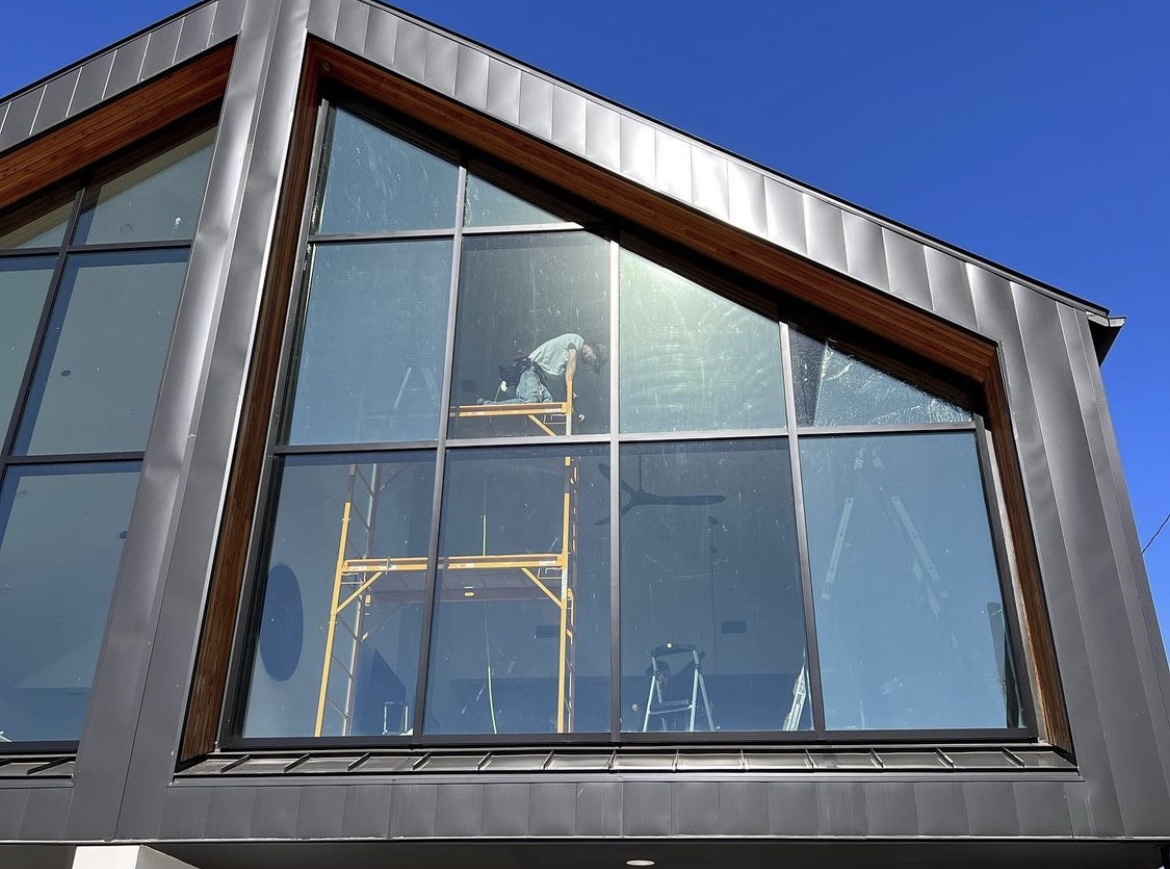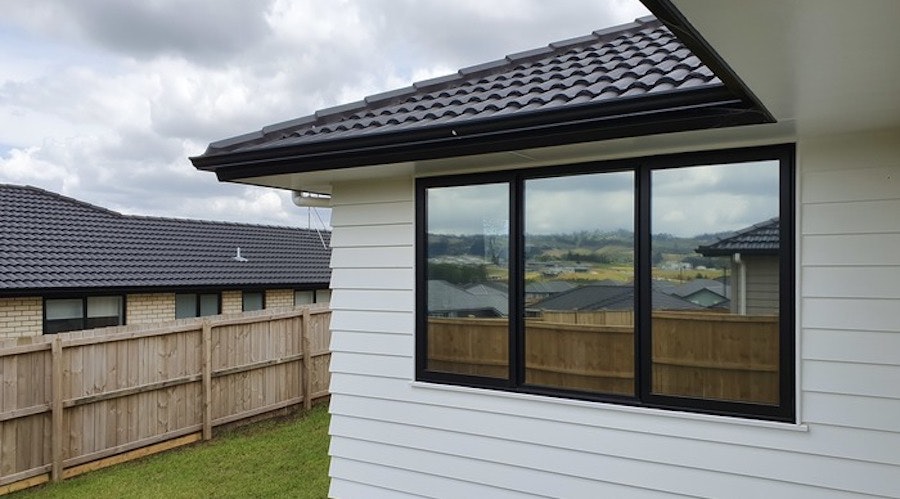Residential Window Tint: The Eco-Friendly Remedy for Your Home
Just How Residential Window Tinting Improves Your Home's Energy Efficiency
Residential home window tinting provides an engaging service for property owners looking for to enhance power efficiency within their space. By applying specialized movies to home windows, it efficiently lowers warmth transfer, consequently supporting interior temperature levels and decreasing the need for excessive home heating or air conditioning. This not just cuts power intake however also supplies a more comfortable atmosphere by mitigating glow. Nonetheless, understanding the nuances of how tinting works and choosing the ideal type for your home can be essential. Strangely enough, what variables should one consider before making this investment?
Comprehending Window Tinting
Comprehending home window tinting is essential for home owners looking for to enhance both comfort and power effectiveness in their living spaces. Residential Window Tint. Home window tinting entails the application of a slim film to the interior or exterior surface of glass home windows. This movie can dramatically regulate the quantity of sunlight and warm that gets in a home, hence influencing indoor climate conditions
There are different kinds of window tinting movies readily available, each with distinct residential or commercial properties. The effectiveness of home window tinting is usually measured by its Visible Light Transmission (VLT) portion, which suggests how much light can pass through the film.
Advantages of Energy Effectiveness
Window tinting not just enhances visual appeals however additionally plays a considerable duty in boosting power efficiency within household rooms. By lowering heat transfer through windows, tinted movies develop a more stable indoor environment, which can result in considerable decreases in power consumption for cooling and heating. This power performance translates into lower utility expenses, providing property owners with significant lasting savings.

In addition, window tinting enhances the convenience of living rooms. By minimizing glow and obstructing dangerous UV rays, tinted windows produce an even more positive setting, which can cause improved wellness for owners. The defense versus UV rays additionally helps preserve furniture and floor covering from fading, adding to the durability of house products.
Just How Tinting Functions
Tinting movies run through a combination of innovative materials and modern technologies made to control the quantity of solar power getting in a home. Mainly composed of polyester, these movies usually include metallic or ceramic particles that mirror and absorb heat. This dual capacity allows them to substantially lower the infiltration of ultraviolet (UV) rays and infrared radiation while permitting visible light to pass through.
The performance of window tinting is determined by its solar heat gain coefficient (SHGC), which indicates just how much solar power is sent through the home window. Lower SHGC worths are more suitable as they denote higher heat rejection. Additionally, window colors can feature a selection of tones, allowing home owners to tailor their aesthetic choices while enhancing energy effectiveness.
Additionally, these films function as a barrier, stopping warm loss throughout chillier months by mirroring indoor heat back into the space. This thermal insulation result enhances the air conditioning benefits gained throughout warmer months, adding to a well balanced indoor environment year-round. By managing solar energy effectively, domestic home window tinting not just improves convenience but additionally plays an essential role in reducing power usage and decreasing utility expenses.
Choosing the Right Color

There are various kinds of window More Help films readily available, including dyed, metalized, and ceramic. Ceramic films offer exceptional warm control without endangering exposure and are highly durable, making them a preferred choice.
Noticeable light transmission (VLT) is one more essential element, as it indicates the quantity of natural light that can travel through the colored glass. Property owners should select a tint with a VLT that matches their lighting preferences while still giving appropriate glow reduction.
Furthermore, analyzing the solar warm gain coefficient (SHGC) can aid establish just how well a color can obstruct heat from sunlight. A lower SHGC suggests much better heat control, ultimately improving power efficiency.
Installment and Upkeep Tips
Appropriate installation and maintenance are vital elements in making best use of the benefits of residential home window tinting. Professionals also use specialized devices and strategies, which can enhance the longevity and efficiency of the color.
Following installation, maintenance is vital to lengthen the life of the window film. It is advised to wait at the very least thirty days before cleansing the colored home windows to allow the glue to cure completely. When cleaning, use a soft fabric and a gentle, ammonia-free cleaner to stay clear of damaging the film. Stay clear of unpleasant materials that can scratch the surface.
In addition, routine inspections are helpful. Check for any peeling or bubbling, which could show browse around here improper setup or put on over time - Residential Window Tint. Resolving these issues immediately can avoid additional damages and keep power performance. By sticking to these installment and maintenance tips, property owners can ensure their window tinting proceeds to give substantial energy savings and comfort for several years ahead.
Final Thought
In final thought, residential home window tinting functions as an efficient solution for boosting power efficiency within homes. By minimizing heat transfer and obstructing unsafe UV rays, home window movies add to lower power intake and boosted indoor comfort. The selection of appropriate tinting materials, together with appropriate setup and maintenance, better takes full advantage of these advantages. Ultimately, home window tinting represents a lasting financial investment that not just reduces utility expenses yet additionally advertises a comfortable living atmosphere throughout the year.
Home window tinting includes the application of a slim film to the interior or outside surface of glass windows. By minimizing warm transfer through windows, tinted films develop an extra stable go to my blog interior environment, which can lead to considerable reductions in power intake for heating and air conditioning.The performance of home window tinting is measured by its solar warmth gain coefficient (SHGC), which shows how much solar energy is transferred via the window. By managing solar energy efficiently, domestic window tinting not only boosts convenience however likewise plays a vital role in lowering power consumption and reducing utility costs.
By reducing heat transfer and obstructing hazardous UV rays, window films add to decrease power intake and enhanced interior comfort.